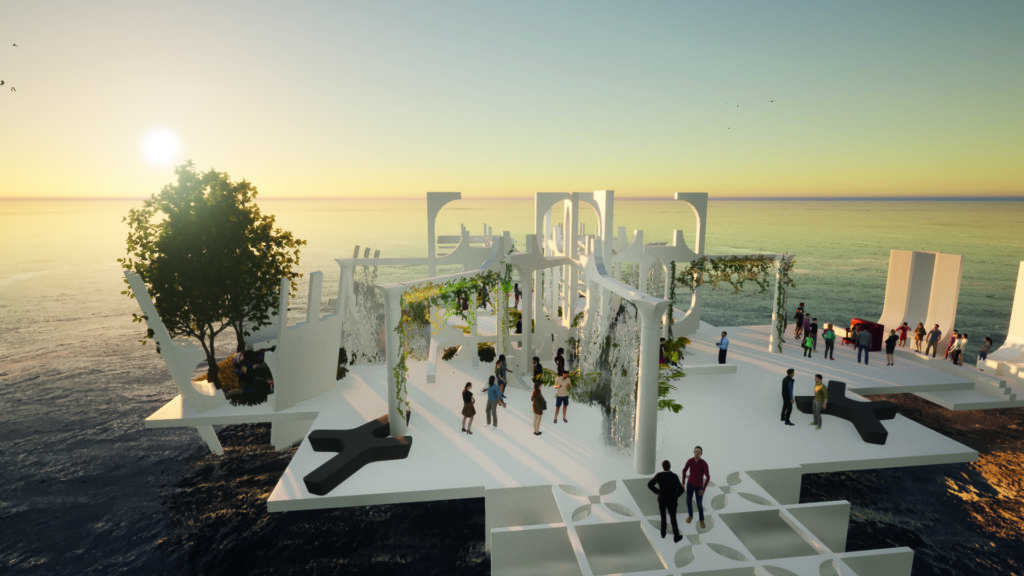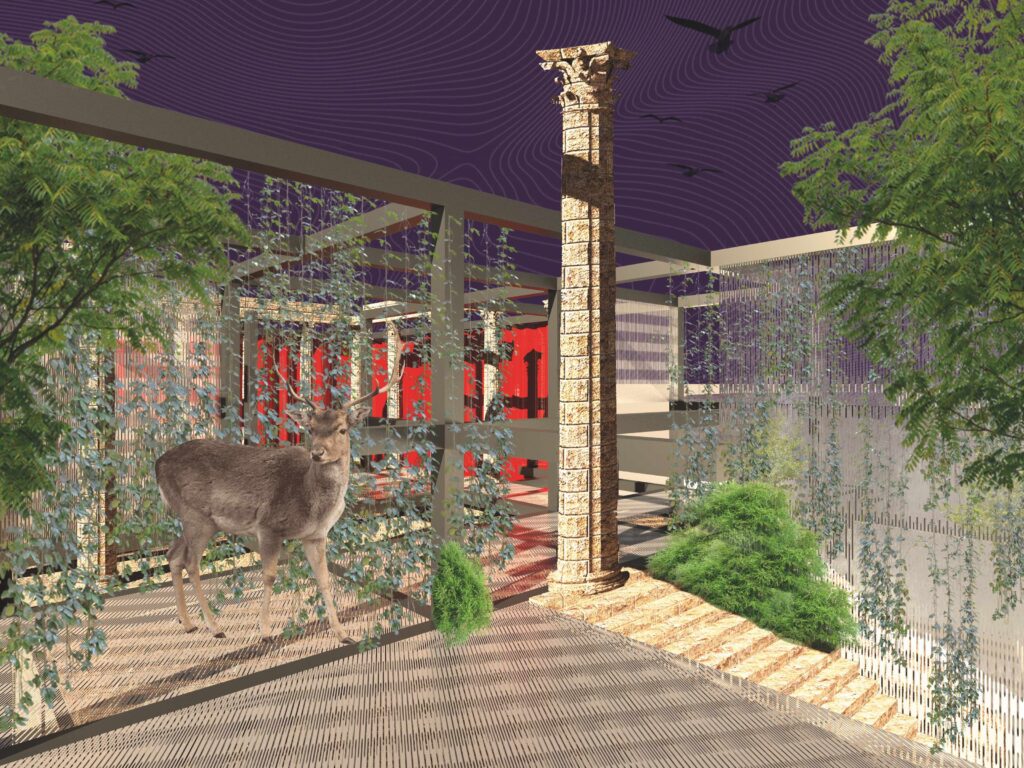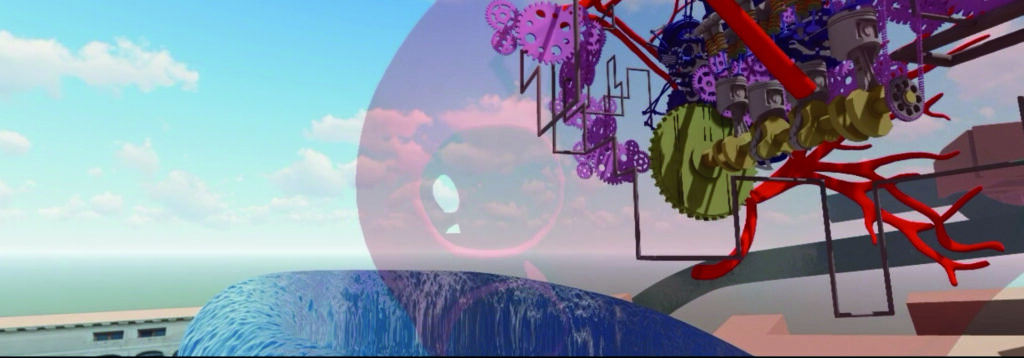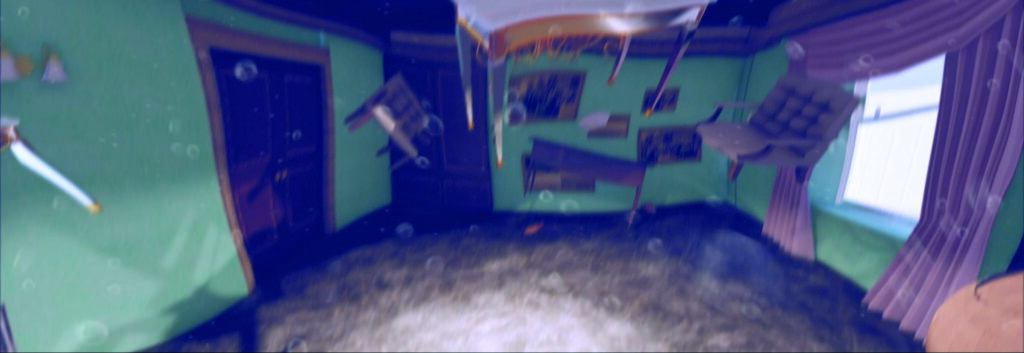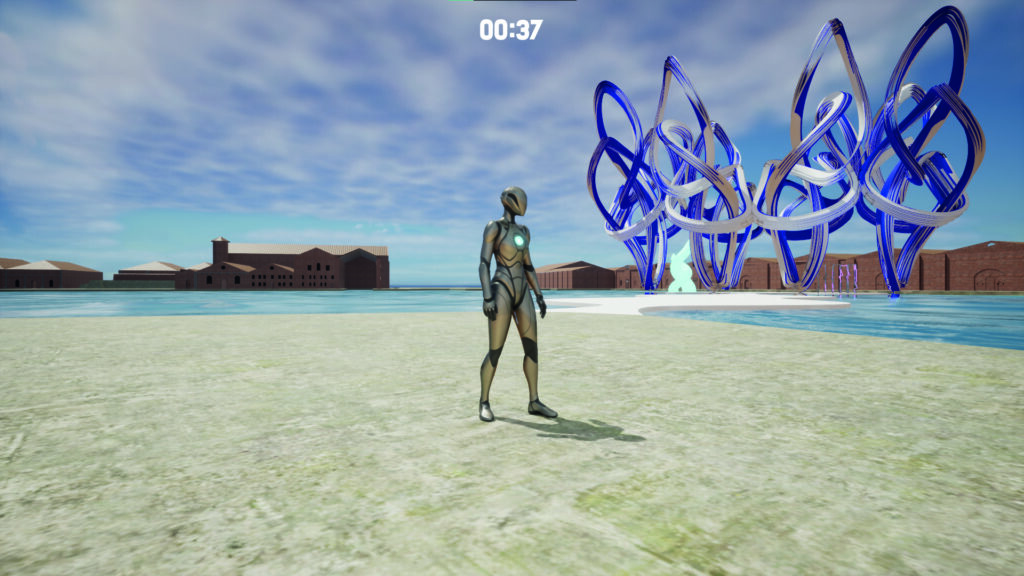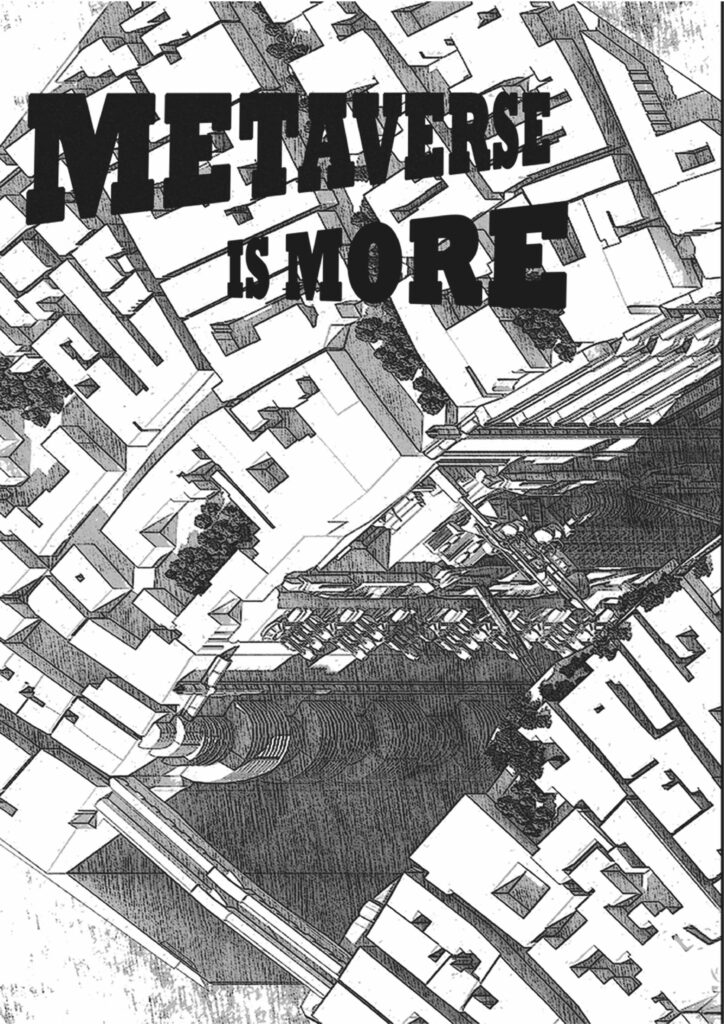UOU
Inglés
“I saw the Future, and it works!”
That is, without any doubt, the best reaction to describe the past academic year of UNIVERSITY of Universities.
This is our international course that consists of an exchange of workshops, each of them directed by a different teacher from prestigious Schools of Architecture.
And now we start the fifth year, it is incredible! We continue opening fronts and reinforcing the existing ones:
– First, to welcome the new colleagues from ANKARA AYBU UNIVERSITY (TURKEY), KARLSRUHER INSTITUT FÜR TECHNOLOGIE KIT (GERMANY), ENSAM REUNION ISLAND (FRANCE), and UNIVERSITÀ DI NAPOLI FEDERICO II (ITALY). They incorporate to the list of UOU participants:
- Architecture Schools
ALICANTE UNIVERSITY (SPAIN)
AMERICAN UNIVERSITY DUBAI (UAE)
BERGEN SCHOOL OF ARCHITECTURE (NORWAY)
BOLOGNA UNIVERSITY (ITALY)
BRANDENBURG UNIVERSITY OF TECHNOLOGY (GERMANY)
BUDAPEST UNIVERSITY OF TECHNOLOGY (HUNGARY)
ENSAP BORDEAUX (FRANCE)
EUROPEAN UNIVERSITY MADRID (SPAIN)
EVORA UNIVERSITY (PORTUGAL)
GERMAN UNIVERSITY IN CAIRO (EGYPT)
ION MINCU UNIVERSITY (RUMANIA)
INTERNATIONALE HOCHSCHULE HAMBURG (GERMANY)
KU LEUVEN BRUSSELS (BELGIUM)
LONDON SOUTH BANK UNIVERSITY (UK)
MALMÖ UNIVERSITY (SWEDEN)
MEF UNIVERSITY İSTANBUL (TURKEY)
PORTO UNIVERSITY (PORTUGAL)
UNIVERSITÀ MEDITERRANEA REGGIO CALABRIA (ITALY)
QUEEN’S UNIVERSITY BELFAST (UK)
UMEÅ UNIVERSITY (SWEDEN)
UNIVERSITY OF BRIGHTON (UK)
UNIVERSITY OF LINCOLN (UK)
UNIVERSITY OF LJUBLJANA (SLOVENIA)
UNIVERSITY OF NICOSIA (CYPRUS)
UWE BRISTOL (UK)
WROCLAW UNIVERSITY (POLAND)
YASAR UNIVERSITY IZMIR (TURKEY)
- Arts Schools
ACADEMY OF FINE ARTS MUNICH (GERMANY)
PORTO UNIVERSITY (PORTUGAL)
REYKJAVIK UNIVERSITY OF ARTS (ICELAND)
Ours is a project that started out of an instinct: workshops based on our intercultural differences with the aim of defining and addressing the themes of contemporary architecture and society. Since then, every collaboration opens a new window of solid opportunities:
The Exchange of 3 week Workshops with their specific Content/Aims/Method/Schedule/Evaluation, the Common Crits, the Web, Moodle, the Port Talks, the Student’s Election, the UOU Master of Intercultural Studies, the first Summer Workshop “ProtoLAB design & build”, new Erasmus agreements receiving visiting professors who will run their ws face to face, our Blended Classes,… and more instant architecture, as it happened when our dear Jerzy Łątka, Mauricio Morales Beltrán and Agata Jasiolek presented their workshop while building new constructions to welcome Ukrainian war refugees… everything LIVE in our classroom. Has it ever happened at university?
Of course, we cannot forget our UOU scientific journal, our research tool for our workshops, starts being listed in the most prestigious international database: The 6th issue has just been published.
Step by step, with more and more universities joining, 47 by now, and 50 fantastically engaged teachers, we are building a future for the UNIVERSITY OF EUROPE. We have seen it and it works.
Since there are more workshops than weeks in the first semester 2024-25, each student can choose what kind of education he or she wants to follow. According to your interests, each of you will be able to select 4 workshops, just keeping in mind that they don’t coincide in time. We will work organized in international groups, from our classrooms but having the guests online, and making use of the pedagogic platform MOODLE.
The course finishes with a Manifesto where the student put in personal context the chosen workshops.
Javier Sánchez Merina / P4
Joaquín Alvado Bañón / P6
PS.
These are some examples of the offered ws.
More information in: https://uou.ua.es
PSS. The images that illustrate this text belong to the video prepared in the last ws for the Venice Biennale
EVALUATION / Develop the answers to that question in the Manifesto.
- The WORKSHOP proposes that students begin to build a complete thought to tackle projects, to process, organize, view and display information so that “data collection” became proactive rather than an analytical tool. Have I been able to go beyond analysis procedure and convert the project into a proposition display?
- The students have to learn to criticize their work and to draw conclusions. They have to process systems and models of architectural production, reformulating nonobvious descriptions, focusing their gaze on the invisible structures, not having preconceived ideas, producing unexpected findings, and non-discursive reasoning. Have I used my own ways of expression reformulating descriptions and avoiding the obvious and the use of direct images of the project culture?
- The student begins to explore architectural expression systems to formalize their projective ideas. How many ways of expression have I used at work and what is the value expressed by each of them?
- We have to learn to talk and discuss about architectural sustainability criteria, adding the concept of ecological niche project (mental territory, social, material, technical, medium-environmental, etc). Have I addressed the theme of THE WORKSHOP responding to the proposal on the sustainability?
- We are going to know how to work in-group to discover the roles in production systems. How much information data made in-group have I used to express my project?
- The students must participate and contribute with their ideas to the class as an essential part of knowledge. What is the intensity used to express my ideas through the architectural expression ways?
- The students must learn to establish a personal lexicon to express his architectural ideas. Have you expressed your ideas through a personal lexicon, or have you imitated expression systems used by other designers seen in the media (magazines or Internet)?
- You need positively assess risk and innovation as a necessary condition of design. Innovation defined as the use of allied disciplines to develop intellectual and technical tools to create new realities, within their own reality, exceeding the established models. Do I use allied disciplines for innovative production?
- The students must enter, step by step, work details the project culture, you must learn to interpret and criticize from their own proposal. How many data have you appropriated from the culture to express my project?
- You should produce an open system work, with more questions than answers. How many questions have you made throughout the design process and how many have you tried to answer?
- Skills: Interest in the contribution, regardless of the attitude from which it was generated. What is the interest of my contribution?
- Attitudes: how to tackle the problem independent of the outcome. Have I solved with intellectual and material effort to present the proposal?
